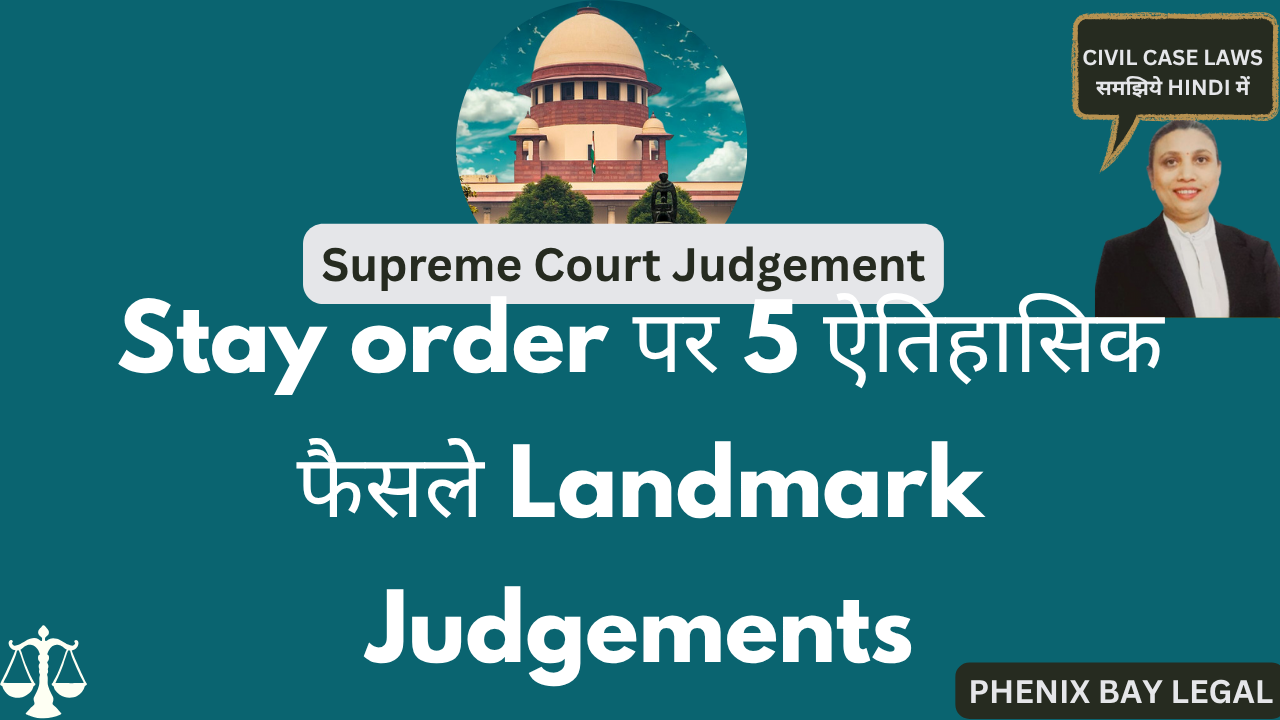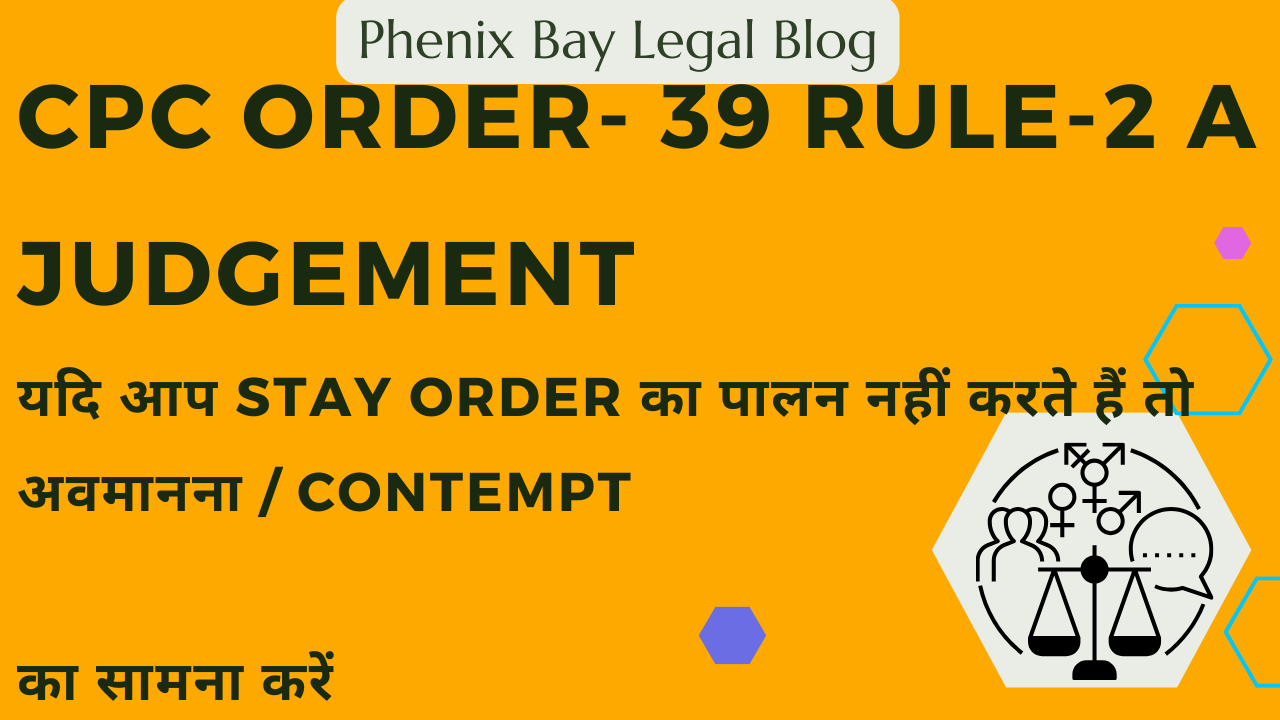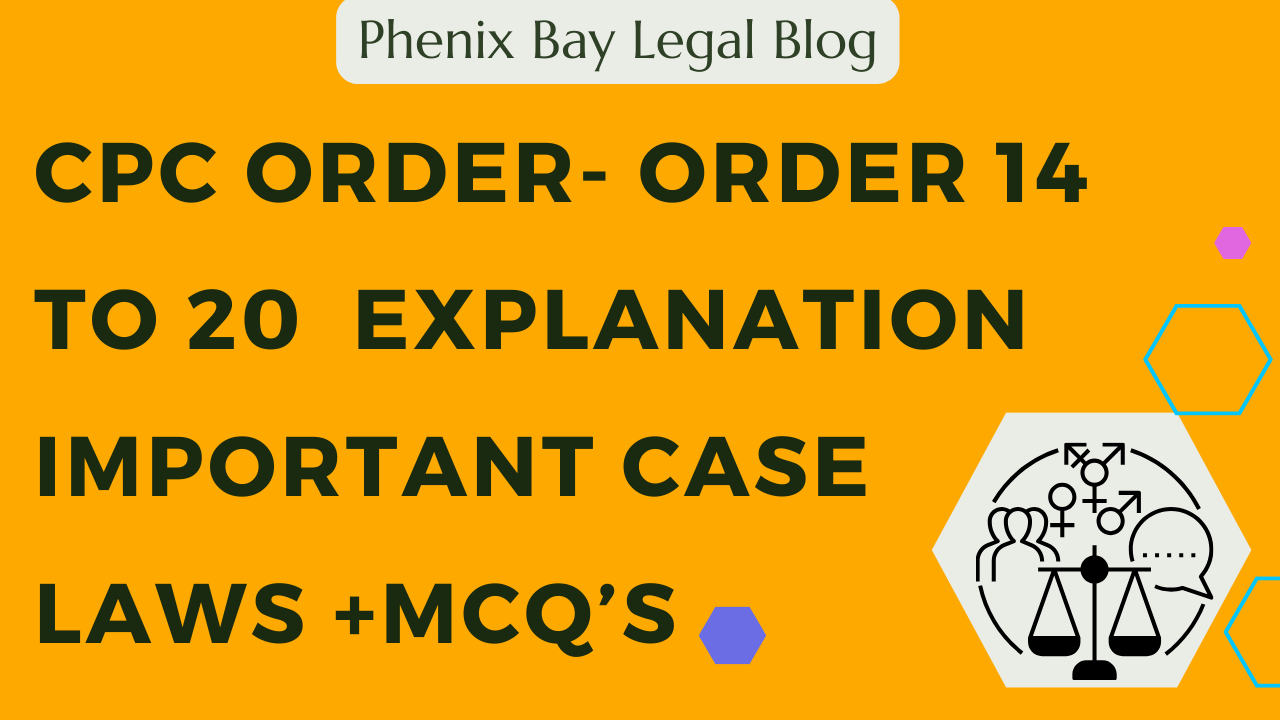
FRANCHISE AGREEMENT - How to make with Format
A franchise agreement is a legal contract between the owner of a franchise, known as the franchisor, and an individual or organization, known as the franchisee, that grants the franchisee the right to operate a business using the franchisor's trademark, products, services, and business model.
FRANCHISE AGREEMENT
A franchise agreement is a legal contract between the owner of a franchise, known as the franchisor, and an individual or organization, known as the franchisee, that grants the franchisee the right to operate a business using the franchisor's trademark, products, services, and business model. The franchisee typically pays an initial franchise fee as well as ongoing royalties to the franchisor in exchange for these rights. The franchise agreement outlines the terms and conditions of the franchise relationship, including the rights and responsibilities of both parties, the duration of the agreement, and the process for renewing or terminating the agreement.
Which are the laws to consider for Franchise Agreement in India
In India, there are several laws that franchisors and franchisees should be aware of when opening a franchise, including:
- Companies Act: The Companies Act governs the registration and incorporation of companies in India. It also regulates the manner in which companies can raise funds through public or private offerings.
- Foreign Exchange Management Act (FEMA): This Act regulates foreign investment and cross-border transactions in India. It also sets out the rules and procedures for repatriation of funds invested in an Indian company.
- Indian Contract Act: This Act governs the formation and enforcement of contracts in India, including franchise agreements.
- Consumer Protection Act: This Act provides protection to consumers against unfair trade practices and defects in goods or services.
- Intellectual Property Law: India has a comprehensive intellectual property law that covers various forms of IPs like patents, trademarks, copyrights, and designs. Franchisors should ensure that their intellectual property is registered and protected under Indian law.
- Competition Act: This Act regulates anti-competitive practices and promotes fair competition in India. It prohibits agreements that result in the prevention, restriction, or distortion of competition.
- Labour Laws: India has several laws related to labour, including laws on minimum wages, working conditions, and retrenchment of employees.
- Real Estate: If the franchise involves the lease of commercial property, the franchisor and franchisee should be aware of the relevant state-level laws and regulations regarding real estate.
- Taxation: Franchisors and franchisees should be aware of the various taxes that apply to their business, such as income tax, value-added tax, and service tax.
When we should do the Agreement
A franchise agreement is typically entered into when a company (the franchisor) decides to expand its business through the sale of franchises to other individuals or organizations (the franchisees). This agreement is generally executed at the time that the franchisee agrees to purchase the franchise from the franchisor.
Before executing a franchise agreement, the franchisor should have a well-established and proven business model, and should have developed and tested its products, services, and operating systems. The franchisor should also have obtained any necessary licenses and permits, and should have registered its trademarks and other intellectual property.
On the other side, the franchisee should thoroughly research the franchise opportunity, including reviewing the franchisor's financial statements and speaking with other franchisees to understand the day-to-day operations of the business. They should also consult with an attorney and accountant to review the franchise agreement and understand the financial and legal obligations of being a franchisee.
Once both parties have completed their due diligence, they can then execute the franchise agreement and begin the process of setting up and operating the franchise.
Points to consider while drafting the agreement
When drafting a franchise agreement, there are several important points to consider in order to protect the interests of both the franchisor and the franchisee:
- Territory: The agreement should clearly define the exclusive territory in which the franchisee is authorized to operate the business.
- Training and Support: The agreement should outline the training and support that the franchisor will provide to the franchisee, including details about the initial training, ongoing support, and any specific requirements or guidelines for operating the business.
- Trademarks and Intellectual Property: The agreement should include provisions that protect the franchisor's trademarks, copyrights, and other intellectual property, and prohibit the franchisee from using any competing marks or logos.
- Quality Control: The agreement should specify the quality control standards that the franchisee must adhere to in order to maintain the consistency and reputation of the brand.
- Advertising and Promotion: The agreement should specify the terms of the franchisor's advertising and promotion obligations and the franchisee's obligations to contribute funds to promote the brand.
- Renewal and Termination: The agreement should specify the conditions under which the franchisee may renew the agreement and the grounds for termination of the agreement by either party.
- Liability and Indemnification: The agreement should specify each party's liability and responsibility for losses, damages or claims resulting from the operation of the franchise.
- Dispute Resolution: The agreement should include a dispute resolution mechanism, such as arbitration or mediation, to resolve any disputes that may arise between the parties.
- Compliance with Law: Both parties should comply with all state, local and federal laws, regulations and ordinance.
What is the best payment Model For Franchise Agreement
There are several different payment models that can be used in a franchise agreement, each with its own advantages and disadvantages. Some of the most common payment models include:
- Initial franchise fee: The franchisee pays a one-time, upfront fee to the franchisor for the right to operate the franchise. This fee can range from a few thousand dollars to several hundred thousand dollars depending on the franchise.
- Royalty fee: The franchisee pays a percentage of their gross sales, or a flat fee, to the franchisor on a regular basis (e.g. weekly, monthly, etc.) as royalty. The royalties usually used to cover ongoing support, advertising and marketing cost.
- Combination of both: Some franchise agreements may include a combination of an initial franchise fee and ongoing royalties, with the franchisee paying both an initial fee and ongoing royalties for the right to operate the franchise.
- Profit share: The franchisee and franchisor share profits from the franchise operation.
Which model is the best for a specific franchise depends on a number of factors, including the type of business, the level of support and marketing the franchisor will provide, the level of investment required to open and operate the franchise, and the potential for profitability. It's important for the franchisor and franchisee to consider these factors carefully and choose a payment model that is fair and reasonable for both parties.
It's important to have attorney review this agreement before sign the document, to make sure all the point been covered and it's compliant with the relevant laws.
Things to consider Before winding up
When a franchise is winding up, there are several important things that both the franchisor and the franchisee should consider in order to ensure a smooth and orderly process:
- Termination clause: The franchise agreement should have a termination clause that outlines the conditions under which the agreement can be terminated, and the process for winding up the franchise.
- Notifying the franchisor: The franchisee should notify the franchisor in writing of their intent to terminate the agreement and follow any procedures outlined in the termination clause.
- Obligations and liabilities: The franchisee should be aware of any ongoing obligations and liabilities that they may have under the franchise agreement, such as paying royalties or returning any proprietary information or equipment to the franchisor.
- Return of assets: The franchisee should return any assets, such as equipment or inventory, that they received from the franchisor as part of the franchise agreement.
- Closing inventory: Franchisee should take inventory of all assets and liabilities, including inventory and accounts receivable, to determine the financial position of the business as it winds up.
- Legal requirements: Franchisee should be aware of any legal requirements for winding up a business in their state, such as filing a notice of discontinuance with the relevant government agency.
- Employee issues: If the franchisee has employees, they should be informed of the winding-up of the franchise and any impacts on their employment.
- Taxes: Franchisee should be aware of any tax obligations that may arise as a result of winding up the franchise, such as paying taxes on any remaining inventory or assets.
- Notifying customers: Franchisee should inform their customers about the winding-up of the franchise, and the measures taken to ensure continuity of the products and services offered.
It's important to review this agreement before sign the document, to make sure all the point been covered and it's compliant with the relevant laws.
Ready-to-use templates for franchise agreements that are curated by experienced lawyers can be very useful and save both time and money for both the franchisor and franchisee. Here are a few ways that these templates can benefit the parties:
- Legal Compliance: An experienced lawyer will ensure that the template is compliant with all relevant laws and regulations, which can help prevent any legal issues from arising down the road.
- Customization: An experienced lawyer will be able to customize the template to suit the specific needs and requirements of the franchisor and franchisee, and take into consideration the laws and regulations of the jurisdiction where the franchise will be located.
- Time Saving: Using a ready-to-use template can save time compared to drafting a new agreement from scratch. A lawyer who has experience in franchising can create a template that incorporates standard franchise agreement language and clauses and can be easily adjusted to suit the specific needs of a particular franchise.
- Cost Efficient: Using a ready-to-use template can save money for the franchisor and franchisee as it eliminates the need to pay a lawyer to draft a new agreement from scratch. A ready-to-use template can also help to avoid disputes and legal issues, which can be costly to resolve.
- Knowledge of industry and best practices: An experienced lawyer has knowledge of common franchise industry practices and can include clauses that protect both franchisor and franchisee while also ensuring they align with industry best practices.
Its important to give a close look at the agreement and terms and conditions carefully and see to it that it caters the need and fair to both the parties.
Link for Curated Ready to use Franchise Agreement Format
Tags
General Legal Hashtags
- #PhenixBayLegal
- #LegalAdviceIndia
- #IndianLawUpdates
- #LegalServicesIndia
- #LegalBlogsIndia
Regional Hashtags (Geographical Coverage)
- #NorthIndiaLegalUpdates
- #SouthIndiaLegalAdvice
- #EastIndiaLawServices
- #WestIndiaLegalResources
- #NortheastIndiaLaw
City-Specific Hashtags
- #DelhiLegalServices
- #MumbaiLawUpdates
- #BangaloreLawAdvice
- #ChennaiLegalHelp
- #KolkataLegalConsultation
- #HyderabadLawyers
- #PuneLegalTips
- #AhmedabadLegalServices
- #LucknowLawConsultation
- #ChandigarhLegalAdvice
Broader Indian Legal System Hashtags
- #IndianLegalSystem
- #IndianCourtUpdates
- #LegalAwarenessIndia
- #LawInIndia
- #LegalRightsIndia
- #LawFirmIndia
- #LegalSupportIndia
- #LegalUpdatesIndia
- #LegalAwarenessCampaign
More >>

Jyoti Sharma vs. Vishnu Goyal & Anr. 2025 INSC 1099
This was a long running legal battle between a landlord and her tenants over a shop. The landlord, Jyoti Sharma, wanted her shop back for two main reasons: The tenants had stopped paying rent. She needed the shop to expand her family's business (her bonafide need).

Landmark Judgement on Injunction
In civil, commercial, or even family disputes. But when is a simple injunction suit enough? When do you need to add a declaration of title? And how do courts balance urgency vs evidence in interim relief?

Case Analysis: Stay Order Violation and Contempt of Court by Supreme Court of India
Giving an undertaking to the court is equivalent to an order of injunction—any violation invites contempt proceedings.Injunction orders remain valid until formally vacated by a court—violation before vacation can lead to punishment.

Order 7 Rule 11 of CPC Explanation in Land Mark Judgement
The Sopan Sukhdeo Sable judgment is a landmark ruling that reinforces Order 7 Rule 11 of CPC as a safeguard against frivolous and legally untenable claims. It highlights the importance of examining only the plaint’s contents to decide whether a suit should be dismissed at the threshold.

CPC Order- Order 14 to 20 Explanation IMPORTANT CASE LAWS +MCQ’S for Judiciary Exam Preparation
CPC Order- Order 14 to 20 Explanation IMPORTANT CASE LAWS +MCQ’S for Judiciary Exam Preparation

Supreme Court ImportanatJudgement - Landlord Tenant Bonafide need
This case involves a dispute over eviction of a tenant based on the bona fide need of the landlord. The Supreme Court ruled in favor of the landlord, reversing the High Court's decision. Below is a detailed breakdown of the judgment with relevant legal principles, precedents, and reasoning.